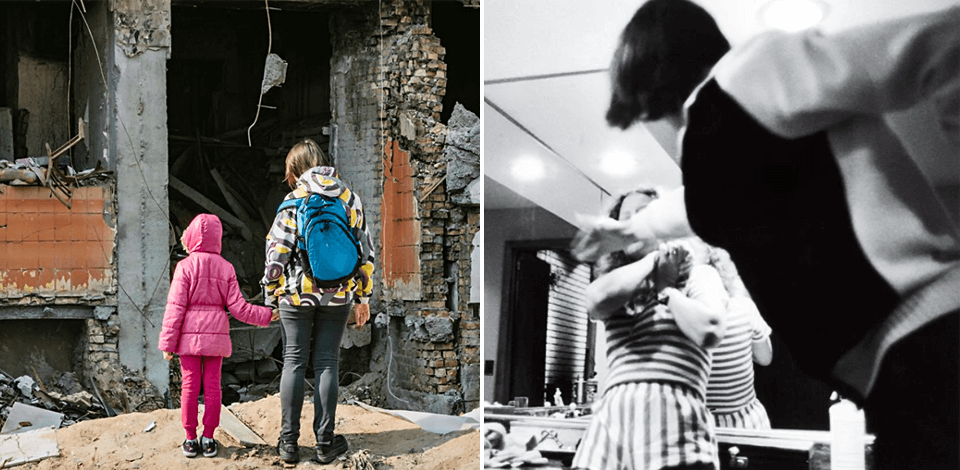
Documentary photographers capture life as it is, especially when taking the most controversial photos that transform people’s perceptions of the world.
Some pictures provoked a lot of discussions due to their subject and resulted in significant changes.
In this article, I will tell you about the most striking pictures that caused a social uproar, captured tragic events, or helped the oppressed advance their cause.
In some cases, it takes time to recognize the importance of an event and understand that it should be captured.
The images that you will see below are examples of the most iconic photos that change the world even now.
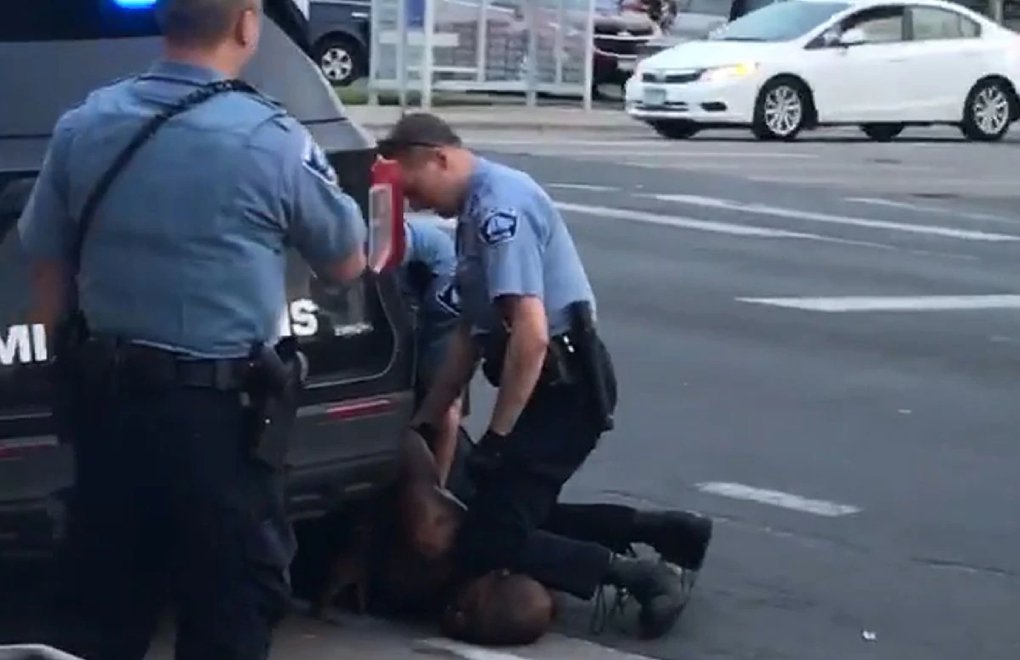
George Floyd arrest (May 2020). The photo of police officer Derek Chauvin who killed George Floyd when arresting him in Minneapolis resulted in global public outcry and ignited protests against the use of police force.

Empty grocery shelves (Spring 2020). This picture captured the atmosphere of panic at the start of the COVID-19 pandemic showing how anxious people were about their future.
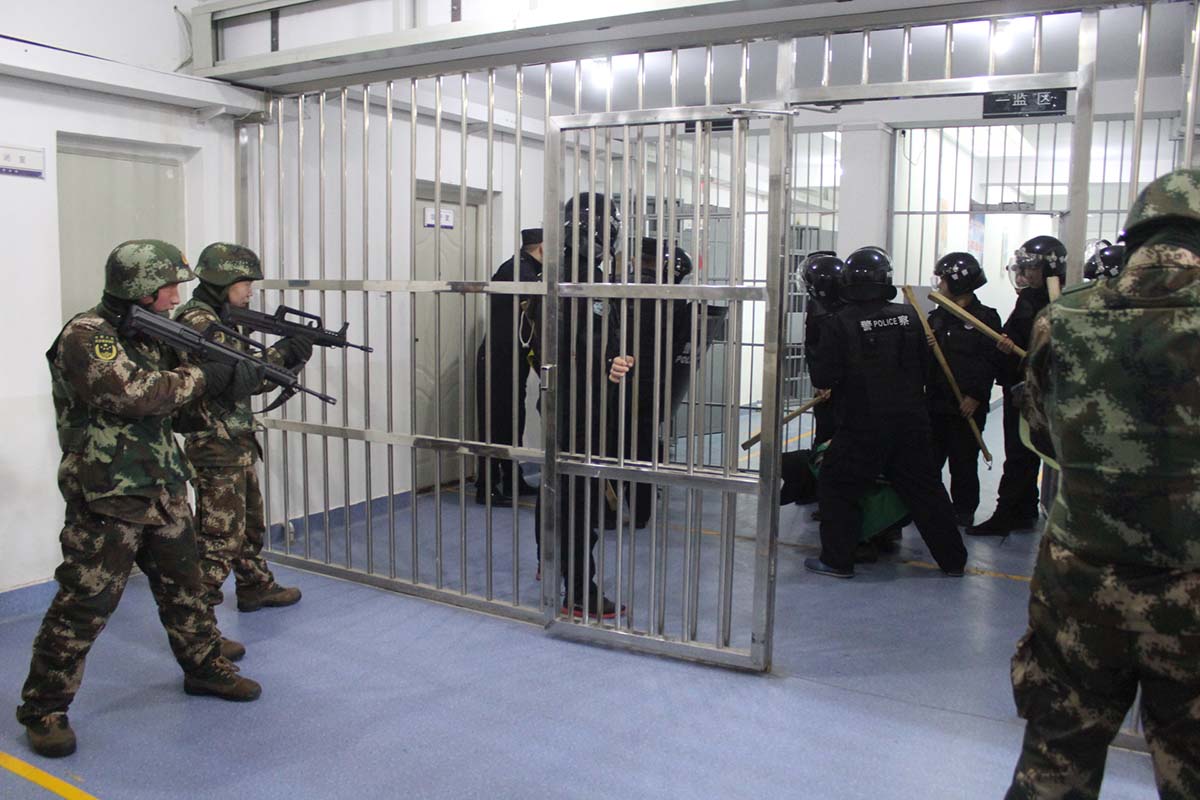
Uyghur Muslims in China (Throughout 2020). These pictures captured the fate of Uyghur Muslims in China and provoked debates about human rights.

The Afghanistan takeover (August 2021). Haunting photos of locals trying to cling to US military planes and hundreds of people at Kabul airport during the withdrawal of US troops from Afghanistan won’t leave anyone indifferent.
After seeing them, people started to discuss whether a hasty withdrawal was the best decision for the future of Afghanistan.

The War in Ukraine (from 2022). Photos capturing the horrors of the war make people think about the long-lasting effects of every military conflict on local populations and infrastructure telling a tragic story about causalities caused by indiscriminate attacks.
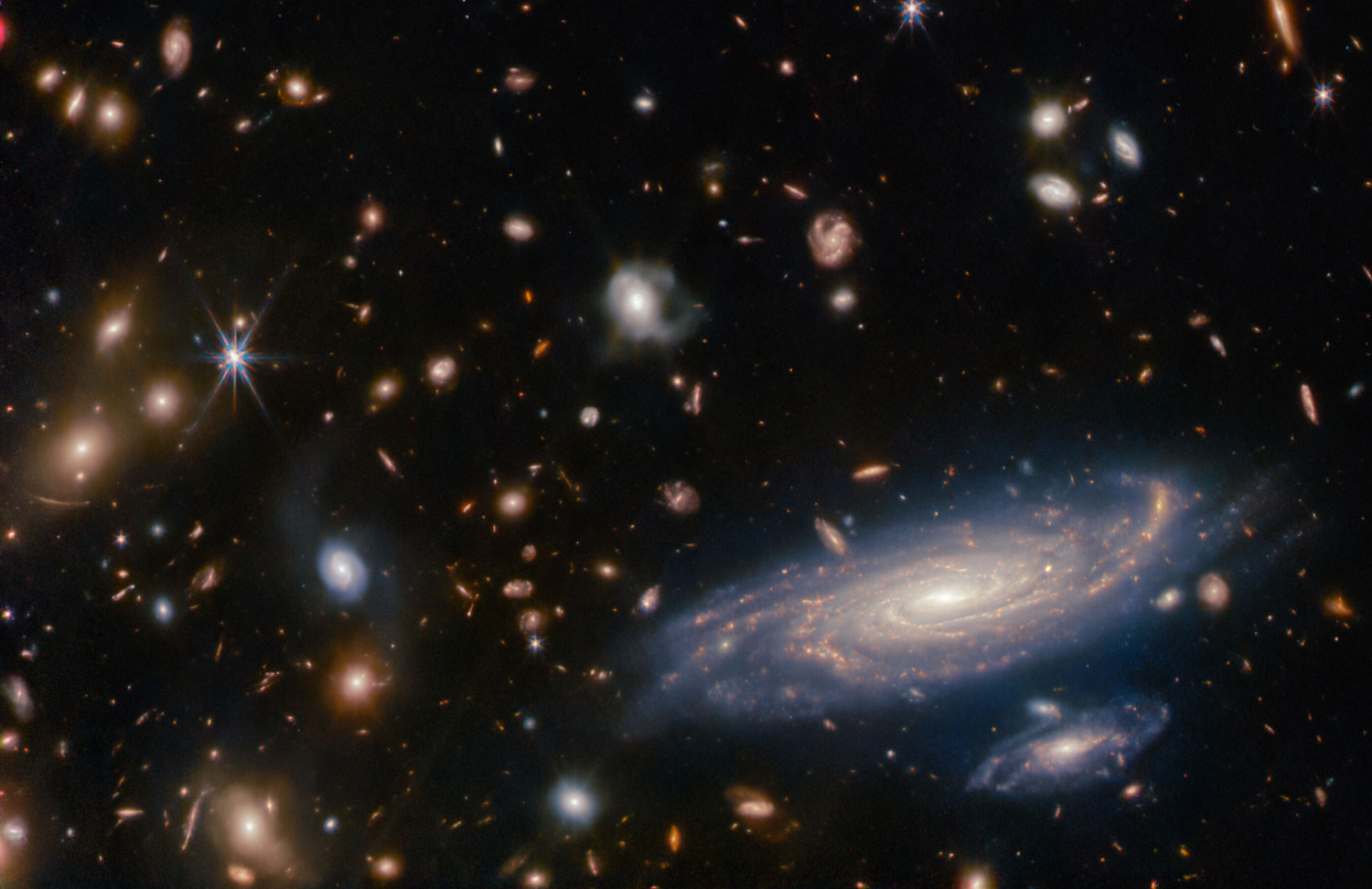
James Webb space telescope images (July 2022). While some people are mesmerized by these pictures, others believe that the photos taken with the help of the James Webb telescope should make us reconsider our place in the universe.

Chris Hondros is a war photographer nominated for the Pulitzer Prize. He took this photo on January 18, 2005, in Iraq.
It captures the little girl moments after her parents were killed by U.S. troops. The family was returning home from Tal’ Afar. American soldiers mistook them for rebels and opened fire.
While such tragic accidents often happen during wars, they are rarely documented. Chris Hondros managed to quickly capture the photo of the kids and send it to the leading magazines. The world saw them the next day.
The publication of this photo made the U.S. military change its procedures for checkpoints. The actions of the military personnel were criticized, as nobody could stay indifferent seeing the child’s reaction to their parents’ deaths.
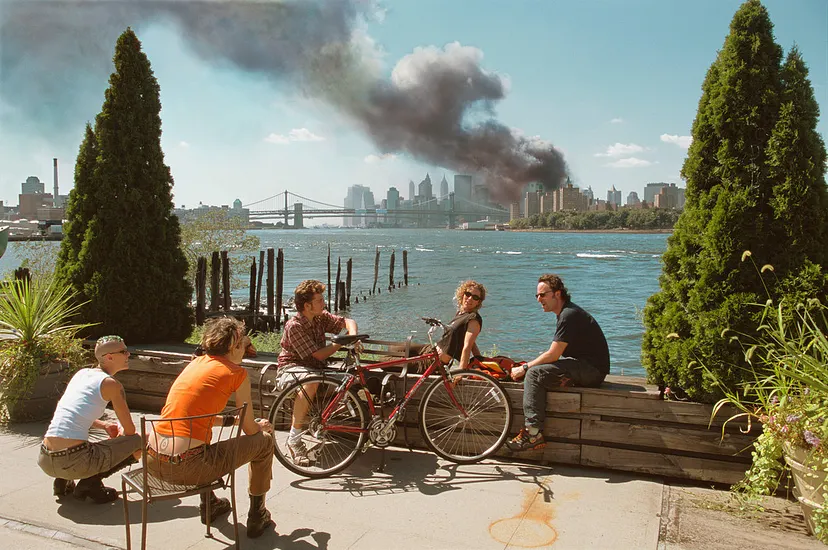
Here, you will see a photo that caused the most controversial reaction in this century.
The photographer Thomas Hoepker took multiple images of 9/11, but this photo captures a group of friends who spend time together, while the twin towers are getting destroyed.
Viewers were shocked to see this image as it demonstrated a lack of empathy. The fact that the people in the photo did not pay attention to the tragedy highlighted that some youngsters just do not care about others.
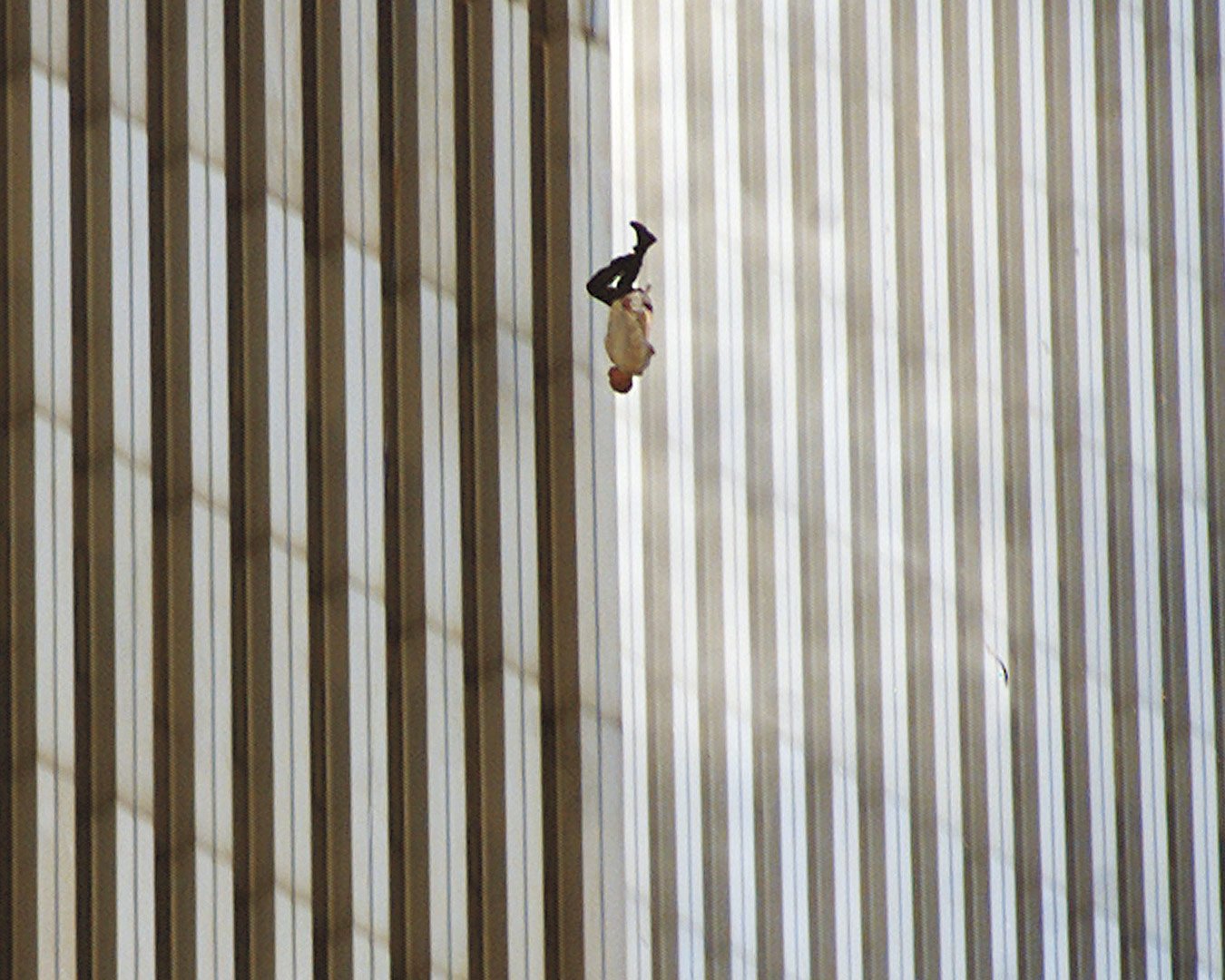
If you take a look at the photos of the 9/11 attack, you will see the buildings and airplanes in most of them. Only some of them include people.
Falling Man captures a person who falls to his certain death after jumping from the window. It was widely published, but then disappeared, as the public did not feel comfortable about it.
The photo is striking, as it does not capture any details. You just see a person who will die a few moments later. The image has such an impact, as a viewer knows that this person made an impossible choice between jumping to his death and burning alive.
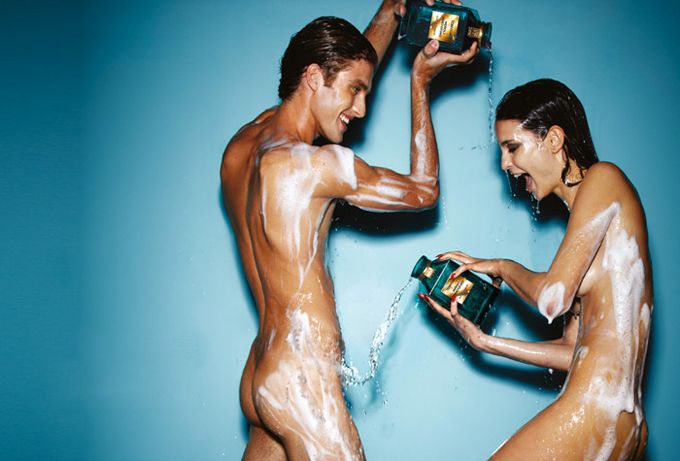
Terry Richardson is a U.S.-based fashion photographer who stands out among the rest for his unique approach. The type of photography he is interested in is often called hypersexual.
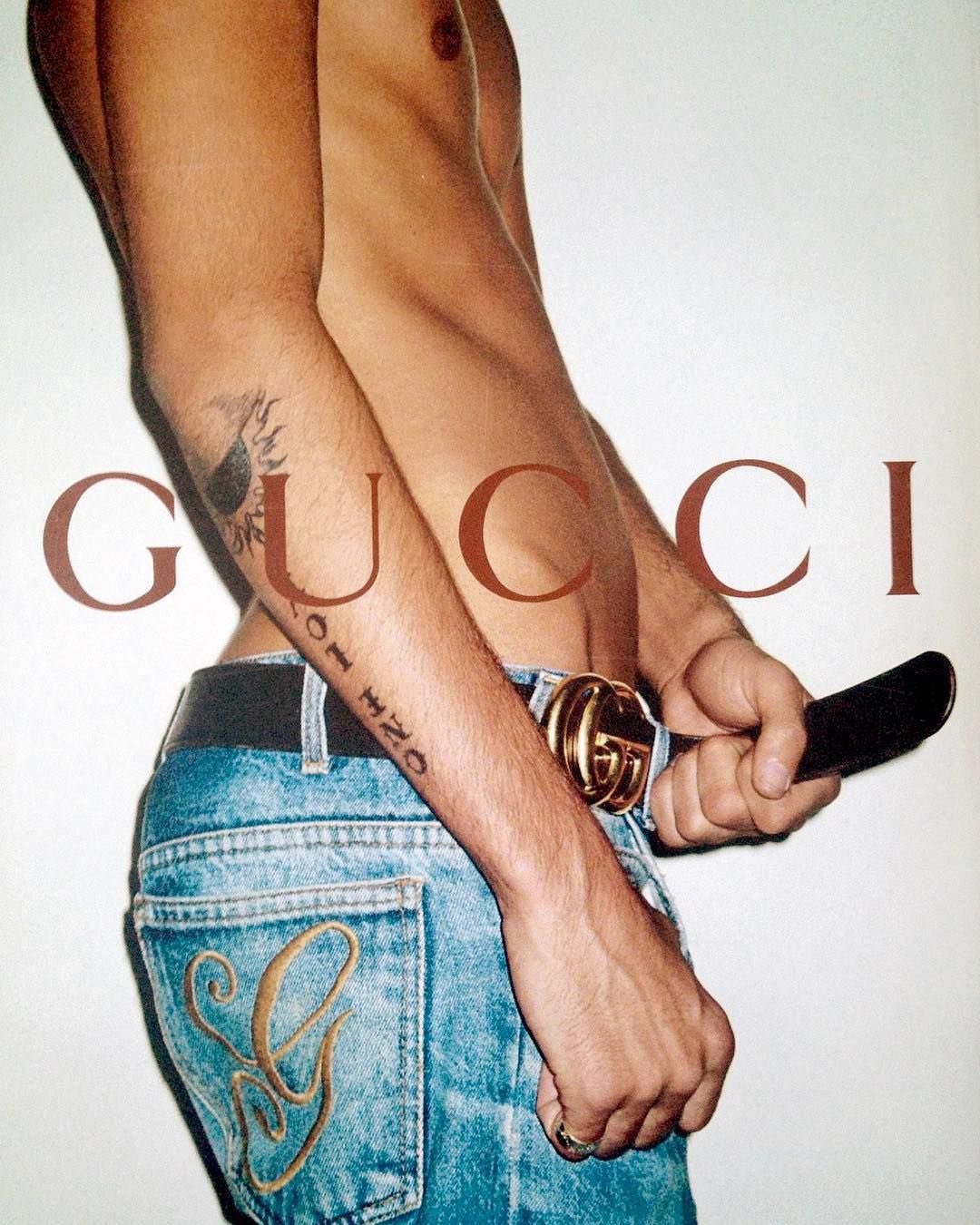
Richardson does not shy away from pornographic elements, which make his photos so provocative. However, his services remain in high demand among celebrities.

During the past decade, Terry Richardson most controversial photos were made
for Tom Ford, Sisley, Gucci, Levi’s, Miu Miu, and Jimmy Choo, among many others. His photos were published in the most popular magazines in the fashion industry.

The photographer received the Pulitzer Prize for taking this photo as it captured the brutal truth about Sudan's famine. Kevin Carter is a South African photojournalist who took a photo of a vulture observing a child dying from hunger.
Carter had to withstand sharp criticism for not saving the child. Many people believed that his behavior was similar to the predator’s. Not being able to live with himself, Carter committed suicide. In his suicide note, he described his reasons for ending his life.
Being one of the most controversial photos in history, it raises questions about the issues that the general public tends to ignore. Controversial photos change our understanding of problems. This is why famous photographers who want to change the world are trying to capture it without any embellishments.

Andres Serrano is a true expert when it comes to raising controversial questions about religion. He captured a photo of a crucifix immersed in his urine. The picture was presented to the public in New York in 1987. Two years later, there was a public outcry when people discovered that the work was funded by a state-funded institution.
Critics accused the photographer of blasphemy. As a result, Congress has to pass a law to prevent such situations from happening.
According to the newly adopted law, the National Endowment for the Arts (NEA) had to consider the “general standards of decency” when making a decision about an award. However, after this law, many people started to ask whether the policymakers should be able to censor works of art.
In 1998, the Supreme Court acknowledged that the law was unconstitutional. Thanks to Serrano, now, everyone can capture fine art photos without worrying about breaking any laws.
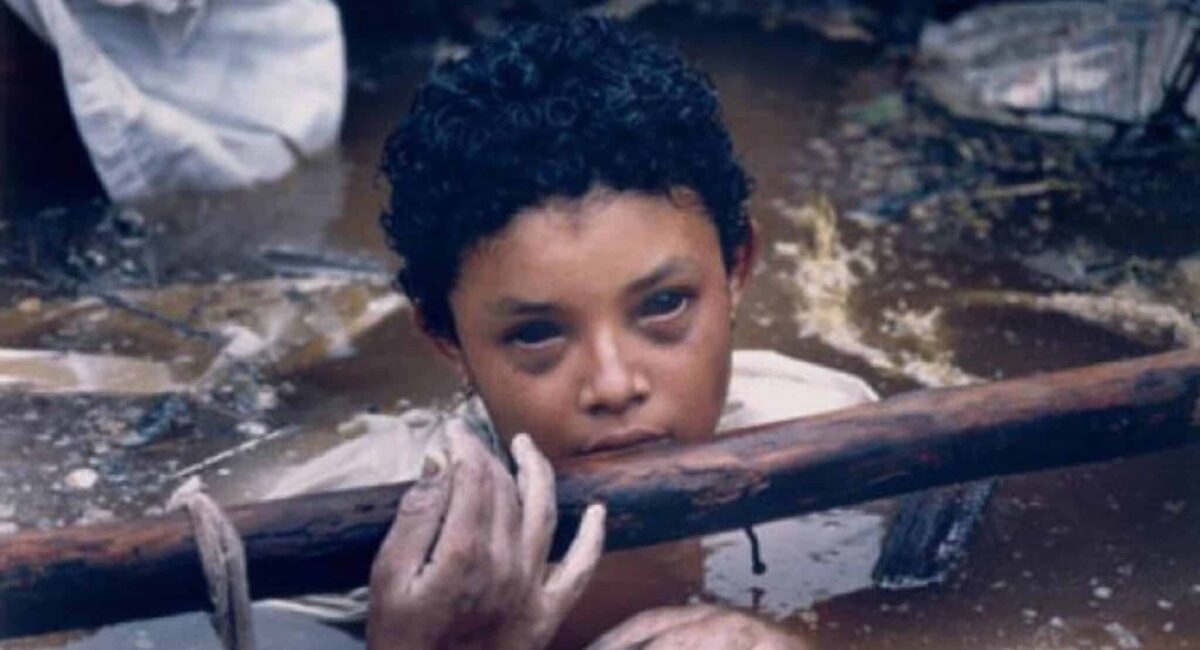
Omayra Sanchez was only thirteen years old when she perished in the Neva do del Ruiz volcano eruption in 1985. This catastrophe resulted in the death of over 22 thousands of people. 13 villages were destroyed. The photo captures the Colombian girl lying under the ruins of her house.
The photo has caused a huge uproar, as the girl was staying alive for three days and died of hypothermia. The government failed to rescue her from the debris. Her death demonstrated that South American countries were unable to provide relevant responses to environmental disasters.

Professionals who specialize in documentary photography often try to capture their models from unique angles. When working on her Wealthy Swingers project, Donna wanted to capture authentic experiences.
She met Elizabeth and Bengt at a special event for swingers and started to take photos at their parties. The photographer focused on details showing how the guest spend their time together. After capturing Bengt's violent acts towards Elizabeth, the photographer became interested in the topic of domestic violence.

Her projects might have inspired the Violence Against Women Act and resulted in heavy fees for those who resorted to violence. Besides, policymakers introduced special training courses for police officers.
Ferrato took the most controversial photos of all time that had a tremendous effect and heightened the importance of addressing the problem of domestic violence.

Garry Gross is an American fashion photographer who captured iconic photos of Brooke Shields in 1975 when she was only 10 years old. The girl is portrayed standing and sitting in a bathtub, she is naked, wears makeup, and her body is covered by oil.
The pictures were a part of the series The Woman in the Child. The photographer intended to emphasize the unique traits of a girl on the verge of becoming a teenager. However, the pictures had a provocative feel, so the public opinion was divided.

If you take a look at this photojournalism photograph, you will see that it captures a woman and her daughter who were trying to escape from fire. Desperately trying to save their lives, they rushed to the fire escape, but it collapsed, and they fell to the ground from the 50-foot height.

This photo provoked a lot of angry public discussions about safety regulations in Boston. As a result, the local authorities have changed the regulations to prevent future tragedies.
The girl fell on her mother’s body and survived the fall. The photography fully transformed the approach to public safety and resulted in increased attention to fire escapes in the U.S., which helped authorities take the right steps to prevent such incidents in the future.
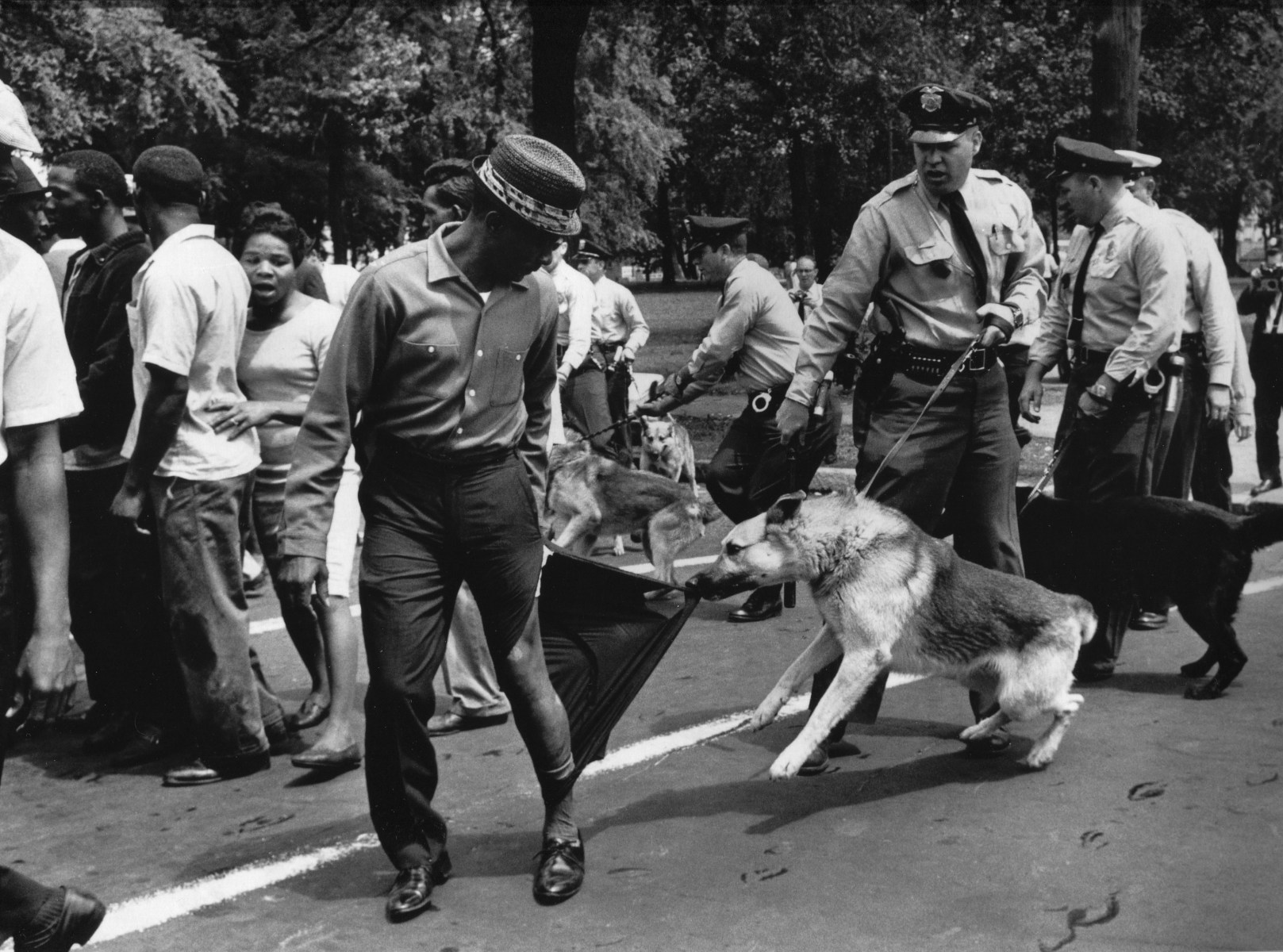
It’s impossible to imagine our history without some controversial pictures that changed its course and became iconic. The Civil Rights movement swept across the U.S. between 1954 and 1968 fully transforming the society.
Birmingham, Alabama, was the epicenter of violent protests. Black citizens and their supporters often clashed with their opponents when protesting against segregation. At that time, Charles Moore who worked as a photographer at Life and Montgomery Advertiser, was documenting these demonstrations.
The photographer took a lot of pictures capturing the most important events. His black and white photo collection shows the harsh realities of segregation and the impact of violence on the daily lives of people.
The striking photo published in Life magazine captured the brutal reality of the struggle against oppression. The next year, the Civil Rights Act was passed putting an end to segregation.
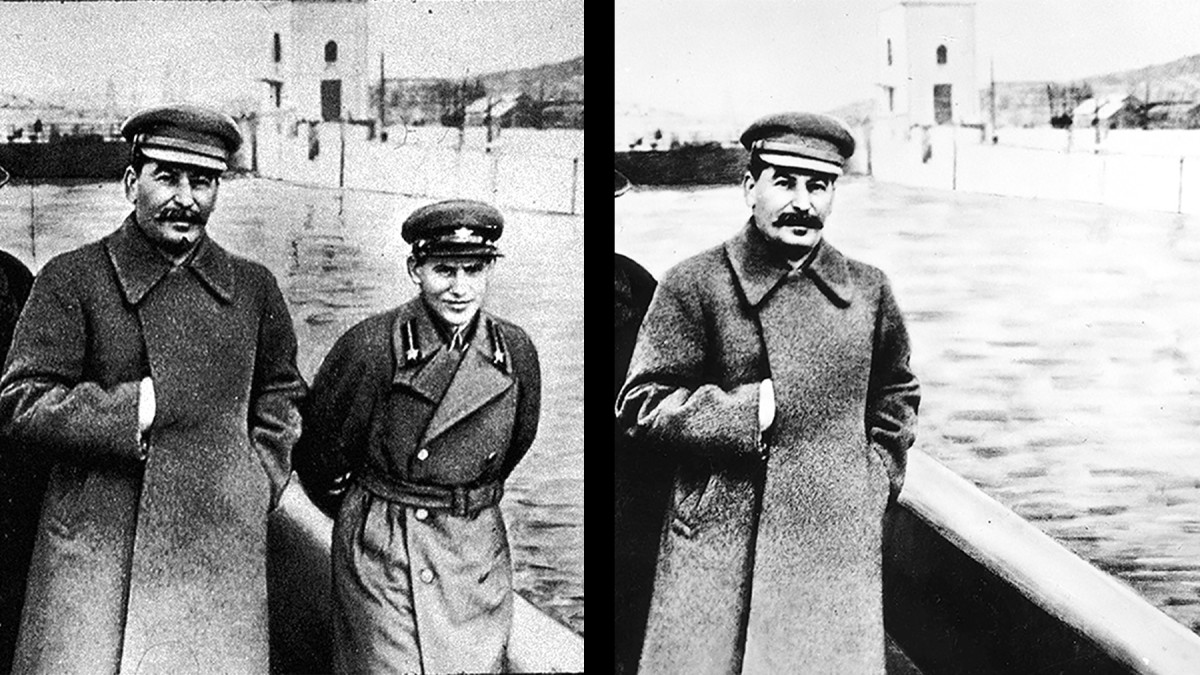
Grigory Nelyobov was a Soviet astronaut participating in the state-sponsored space program. When he was suddenly dismissed in 1963, all the information about him was deleted from the records.
The authorities even decided to remove him from group photos. In the example, you can see one of the edited pictures. The original version had him, but then he was deleted. His disappearance from the photos definitely has an ominous feel.
Soviet authorities often resorted to this practice when they wanted to erase someone from history, which resulted in the most controversial photos. When people first discovered such acts of censorship, they started to look for other retouching examples to see how many people were removed without any trace from Soviet-era pics.


Many people have heard a story about the former leader of Stalin’s secret police Nikolai Yezhov. The head of NKVD was quickly removed from a photo with Stalin and replaced with water. This photo demonstrates that Soviet retouchers had pretty impressive photo manipulation skills, even though they worked with film.
The Great Purge intensified in 1937-1938. During this period, most Soviet officers were detained, shot or sent to prison camps. Nikolai Yezhov personally ordered the arrests of 1.3 million people. Half of them were accused of state treason and shot.
What Yezhov did not expect was that his fate mirrored the fate of his victims. After his arrest, he was tortured and executed in 1940. Moreover, he was masterfully removed from the pictures featuring him and Stalin, so that nobody would have guessed that he was even there, had not the original version resurfaced.